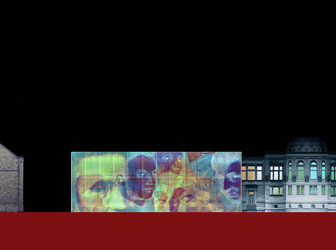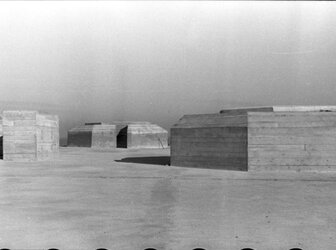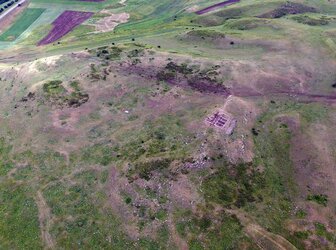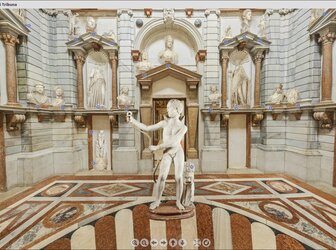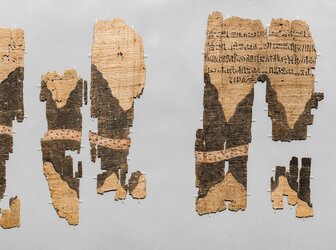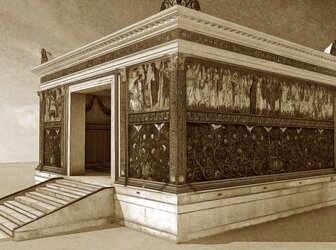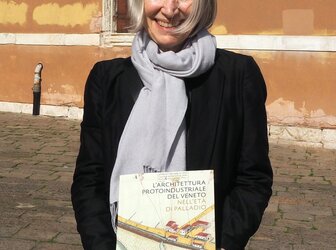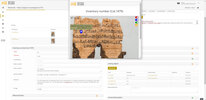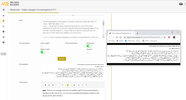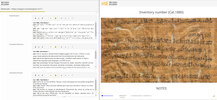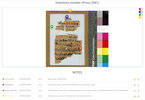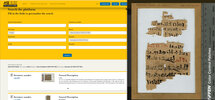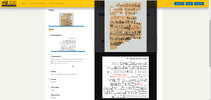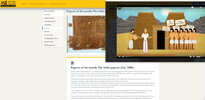Turin Papyrus Online Platform (TPOP)
Since 2017, the Museo Egizio has been working to digitise their collection of papyri. In September 2019, the Turin Papyrus Online Platform (TPOP) was launched online, employing digital information technologies to make the collection virtually accessible across borders and ...
Read more
Project details
Description:
Since 2017, the Museo Egizio has been working to digitise their collection of papyri. In September 2019, the Turin Papyrus Online Platform (TPOP) was launched online, employing digital information technologies to make the collection virtually accessible across borders and disciplinary boundaries. The “virtual” conservation of papyri by means of their digitisation and connection to a network has ensured the long-term preservation of written material and its accessibility by anyone from anywhere and at any time. The Museo Egizio was founded in 1824 and is considered the leading institution in the field of Egyptian antiquities outside of Egypt. The Papyrus Collection consists of nearly 700 whole or reassembled manuscripts and over 17,000 papyrus fragments, documenting over 3,000 years of written material culture in seven scripts and eight languages originating from several locations. TPOP contains one of the largest and most historically important collections within these archives, the Ramesside hieratic papyri from Deir el-Medina. The digitised documents are in high-resolution and systematically linked with open metadata, which records their physical features and the writing and drawings they bear. It is available in open-access and is a multi-user platform, meaning Egyptologists, historians and scholars can work collaboratively on the material from multiple locations and contribute data freely. Museo Egizio is among the first museums to step away from the practice of granting permission to publish individual manuscripts to one single scholar, a policy which typically results in very few publications in proportion to the amount of papyri. By making TPOP freely available, the Museo Egizio promotes research at the highest level, fostering collaborative research projects conducted by its own curators, individual researchers as well as long-established or recently formed teams of researchers. In the future, TPOP will include all the papyrus material held in the Museo Egizio and could also become a “European Papyrus Online Platform” to connect the collections of Egyptian written material stored in many different European cultural institutions. This would unite collections and fragments of writings in a way that would not be possible in the physical world.
Similar projects
